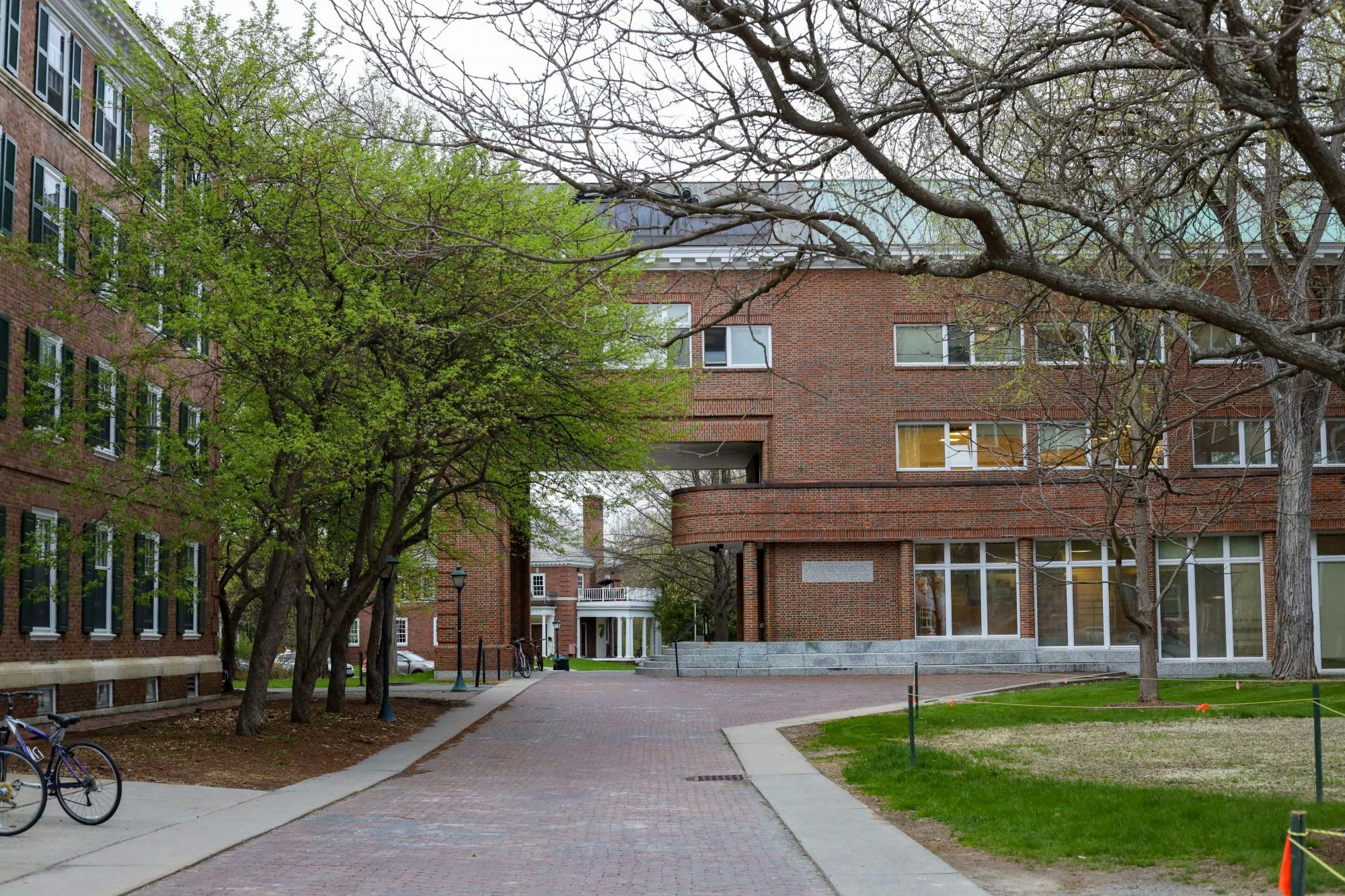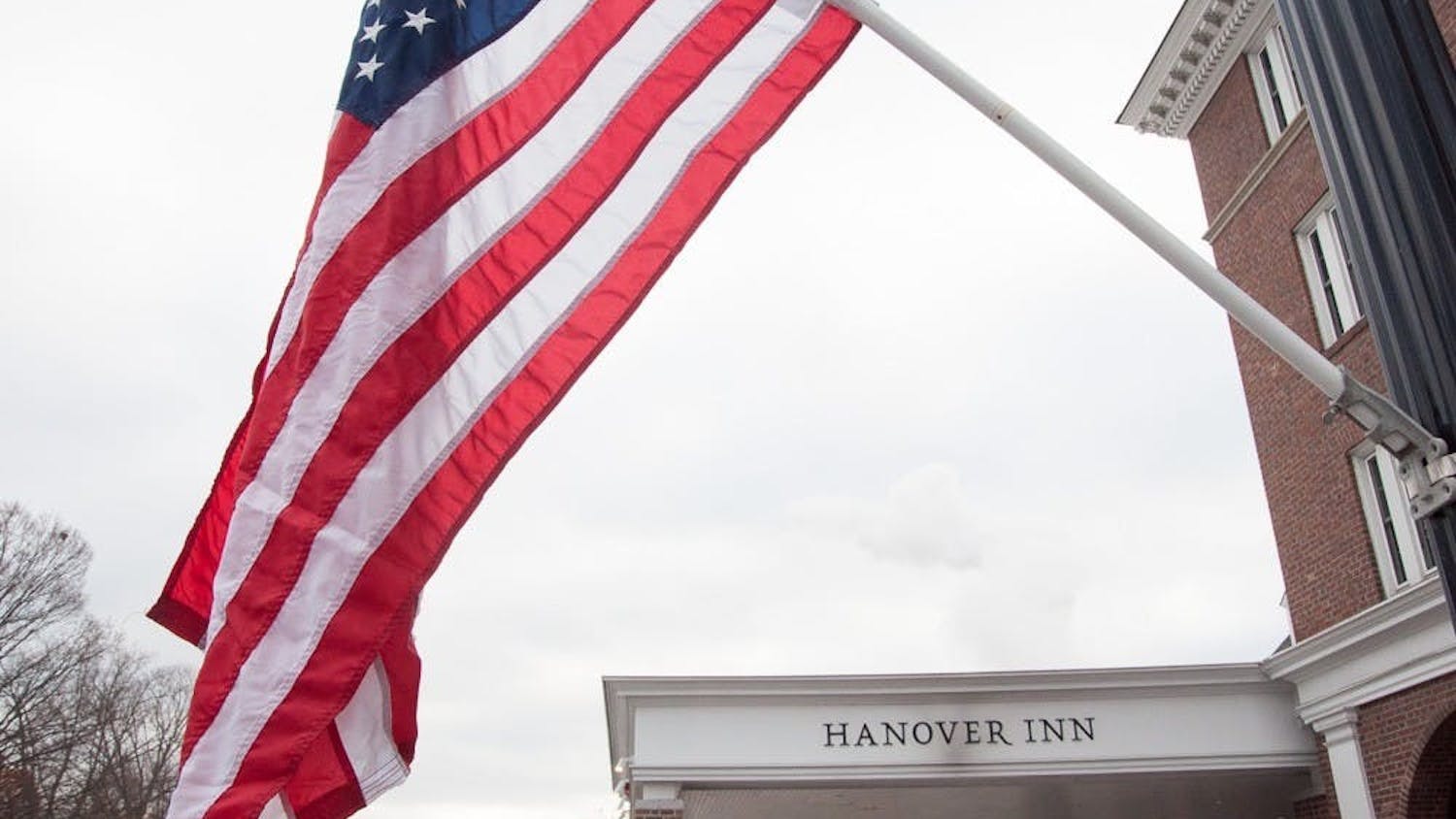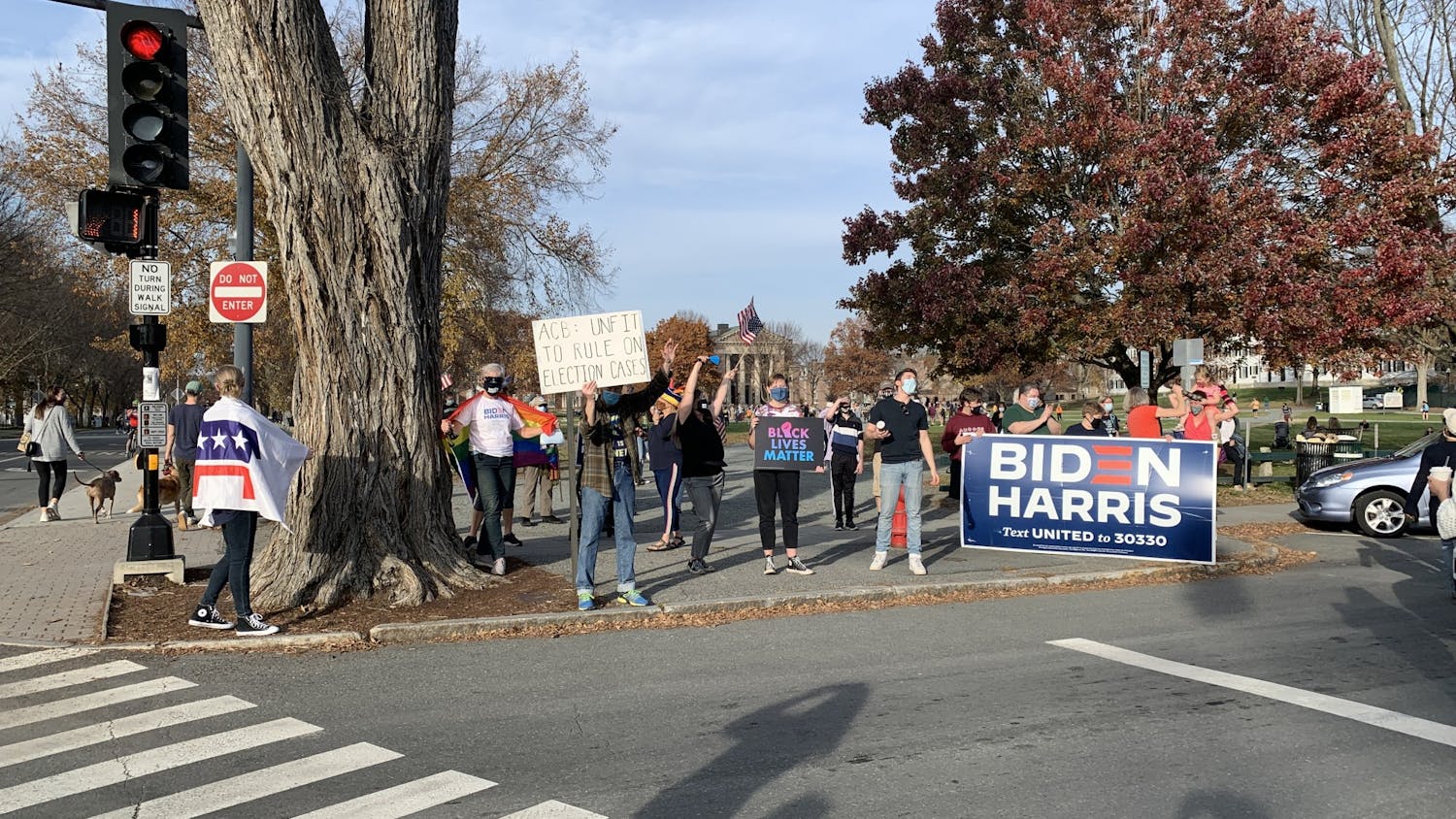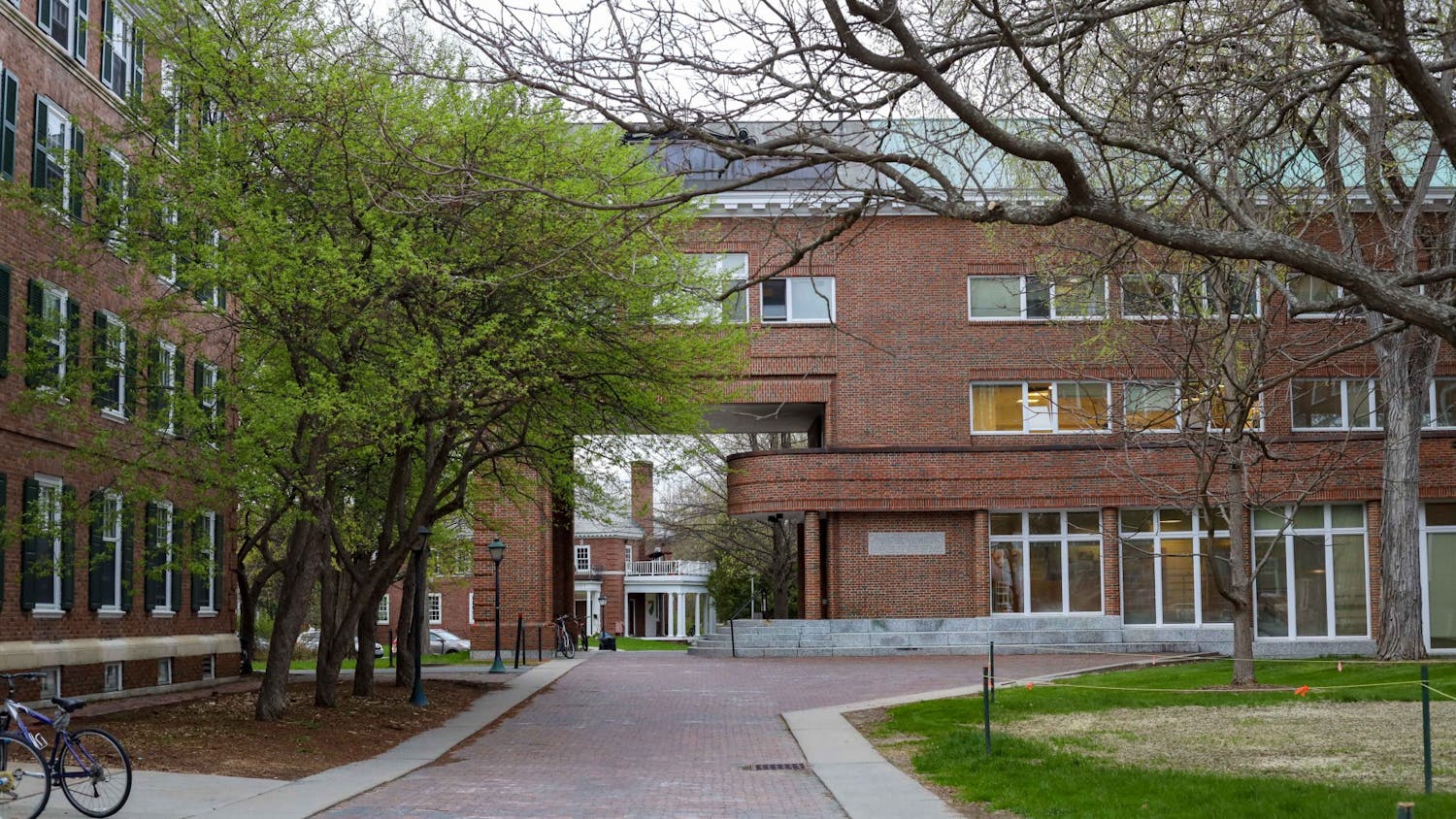On Thursday — one day after the inauguration of President Joe Biden and two weeks after an insurrectionist mob stormed the Capitol — the Rockefeller Center for Public Policy hosted an online panel of political science experts for a wide-ranging discussion titled “Did the System Work? The Fragile State of American Institutions.”
Rockefeller Center director Jason Barabas, who moderated the discussion, said that the purpose of the event was to cover the presidential transition and other timely political events, as well as to explore constitutional questions that have been thrust into the spotlight in recent months, such as those around the 25th Amendment and the Electoral College.
West Lebanon resident Gigi Gallaway, who attended the webinar, said that she enjoyed the discussion and found its central question “really intriguing.” However, she also noted her disappointment at the panel’s lack of comparisons to other countries’ political systems.
“I walked away curious — is there a better system? And who has it?” Gallaway said.
The event’s panel of experts featured Middlebury College political science professor Matthew Dickinson and Dartmouth government professor Linda Fowler — a duo that has appeared regularly together on Vermont Public Radio to give political commentary. Barabas praised Dickinson and Fowler as a “really nice pairing of two different perspectives.”
After an introduction by Barabas, the panelists dove into a discussion of the event’s central question: Did the American constitutional system serve its purpose in the context of recent events? Dickinson began the conversation by highlighting that, despite threats to the democratic process, the U.S. was able to carry out its election. In this sense, he argued, the “system worked.”
“That’s no mean feat, considering what happened on Jan. 6,” Dickinson said. “And perhaps it's too low a bar. But I think it’s something we take for granted — this peaceful transfer of power.”
Pointing to a chart that depicted party control across the three branches of government since 2000, Dickinson noted that the U.S. has, in the last two decades, cycled through seven of eight possible power-sharing combinations between Republicans and Democrats.
“That strikes me as a period of instability we haven't seen since the Reconstruction era after the Civil War and suggests there's deep dissatisfaction with our institutions,” Dickinson said.
Fowler called this dissatisfaction with democratic institutions “troubling,” and she noted a 2020 University of Cambridge study that found more than 50% of Americans to be discontented with democracy as a form of government.
The pro-Trump insurrectionists who stormed the Capitol, according to Dickinson, were “just the tip of the iceberg,” adding that Trump’s rise was as much a symptom of political instability as a cause.
“He came to power precisely because a number of people are dissatisfied with our institutions,” Dickinson added.
The panelists also spoke at length about the U.S. Constitution, discussing the framers’ intentions and how the document holds up in the face of modern challenges, among other topics.
Dickinson said it was worth considering that some aspects of the constitutional framework are outdated and contribute to “the kind of dissatisfaction and potential for violence we have now.”
“The framers created the system of government coming out of a revolution, with an overriding objective, which was to protect minority rights,” Dickinson said. “It was not a system of government they designed to efficiently address society's problems.”
According to Fowler, the Constitution’s design also contributes to a partisan split between Congress’s two chambers. She added that because representatives from the House and Senate represent different constituencies — the Senate tends to overrepresent rural states, while the House overrepresents coastal states and big cities — Fowler said that their legislative interests often diverge significantly.
“These geographic divisions have really been cemented into this hyperpartisanship that we have right now,” Fowler said. “And so I think what people find is, they have expectations that Congress can't meet.”
On how the American governmental system can be improved, Fowler said “the answer is not more democracy,” adding that progressive-era reforms like presidential primaries have had a negative impact on political institutions. In past work, Fowler has cited the “pervasive use of primaries to nominate candidates for the House and Senate” as a major source of partisan gridlock.
On the congressional side, Fowler added that improving the political system will also require finding ways to make lawmakers, who often prioritize their own political aspirations, more accountable to constituents.
Dickinson added that the executive branch could be improved if incoming presidents chose to hire staff with experience in government.
“Too often, presidents surround themselves in the White House with campaign staff loyalists, who understandably get rewarded for sticking with them through the cold winter days in New Hampshire and Iowa, but who do not know how to govern,” Dickinson said.
Patrick Wright ’23, a government major who volunteered for the Biden campaign and also attended the event, said that he tuned in out of an interest in hearing expert perspectives on the current political moment and on the events of Jan. 6. He added that he appreciated the nonpartisan, academic nature of the discussion.
“They're not news pundits spewing their political opinions,” Wright said. “Rather, these [professors] were objectively looking at the events from a purely academic perspective, which I think is great in the sense that so much of what we consume is partisan in nature.”
Barabas said that he hoped community members who attended walked away with “an appreciation for the very design of the American governmental system, that we have different branches of government [and] that they weren't necessarily set up to be responsive to people.”





